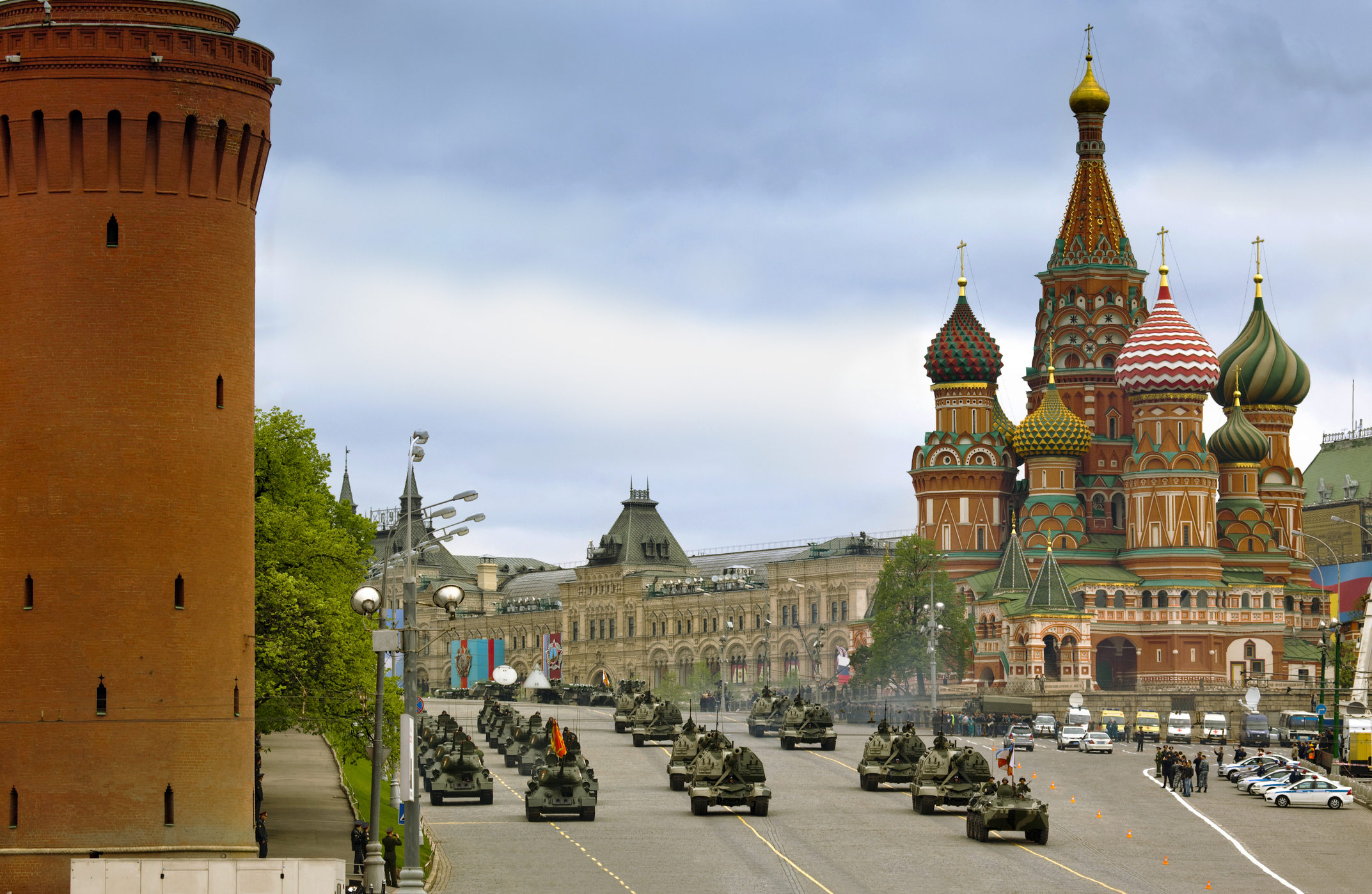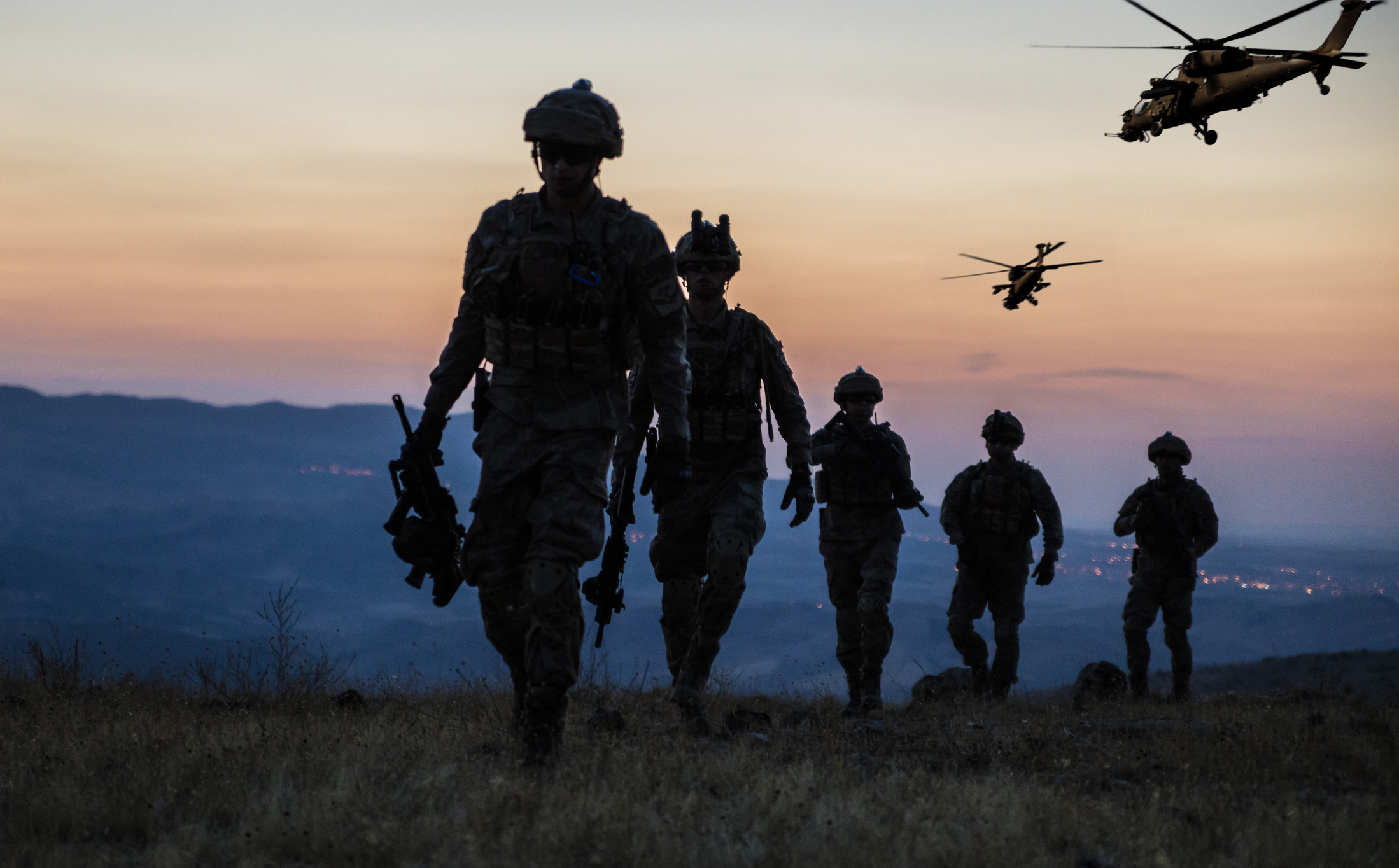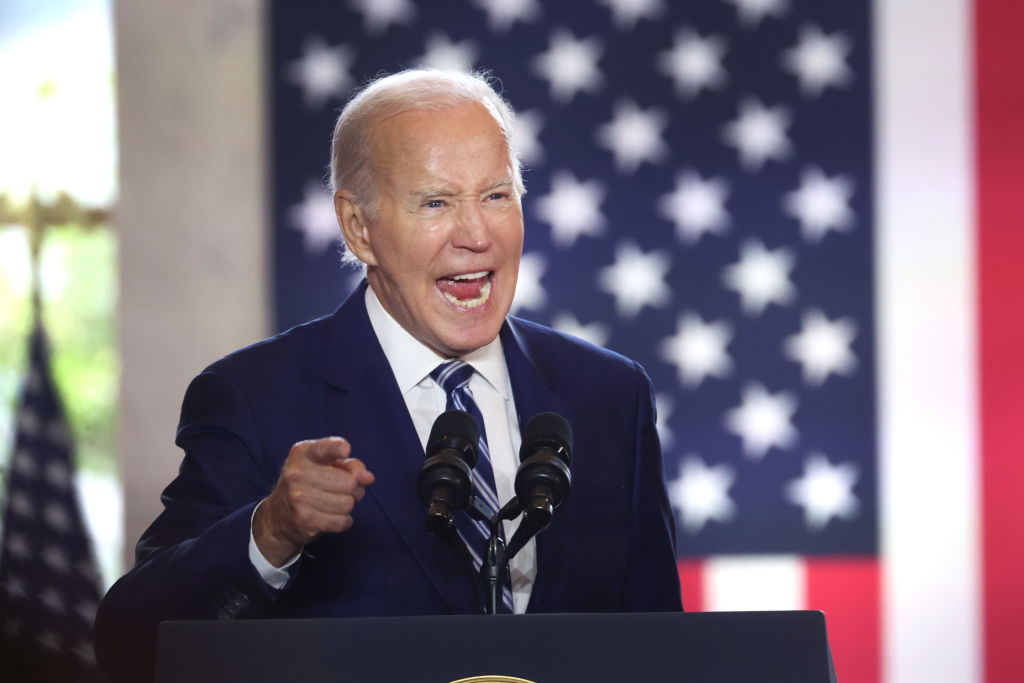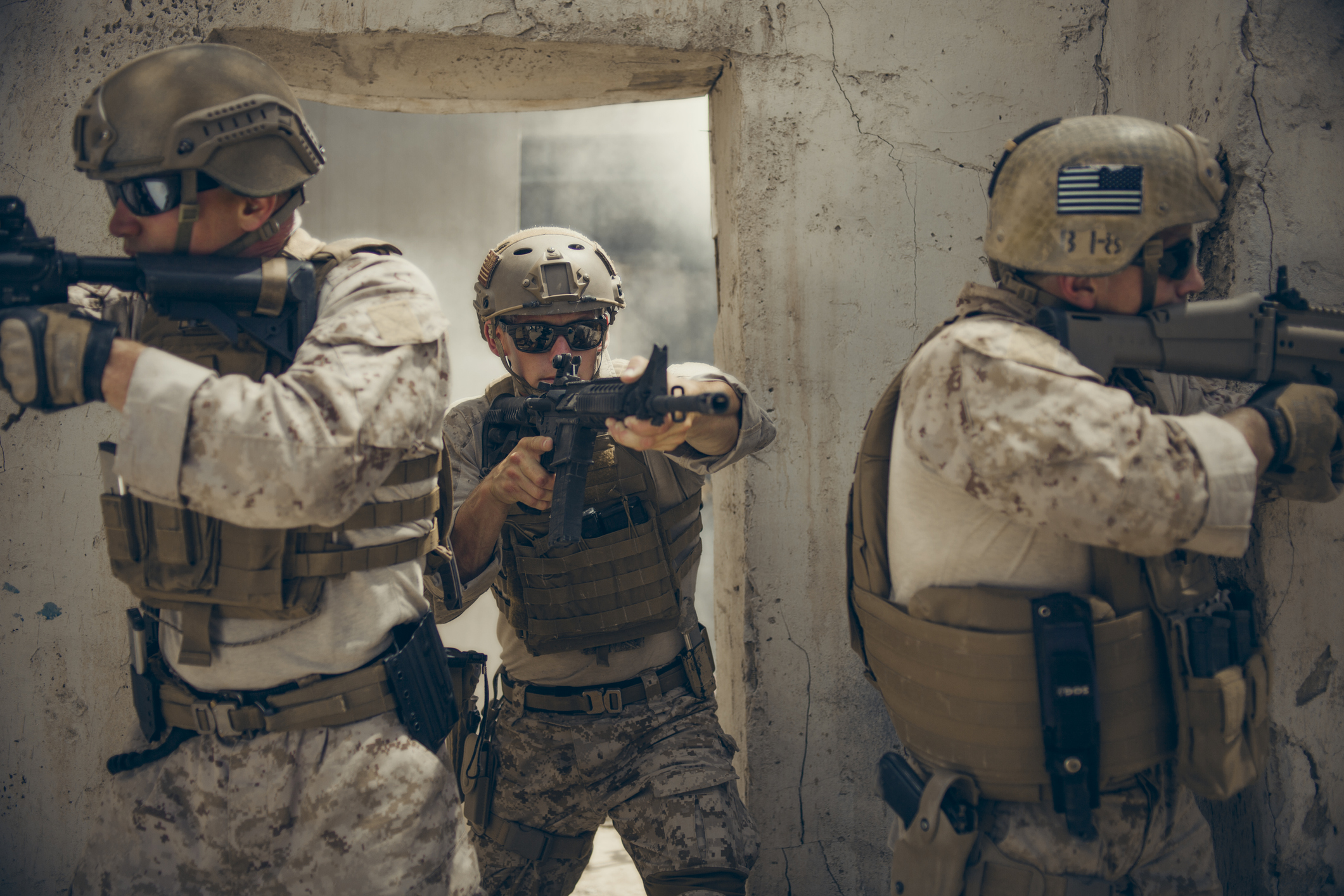Principled critique of Communism or Putinism shouldn't drift into national slander.
Our Mercenary Century
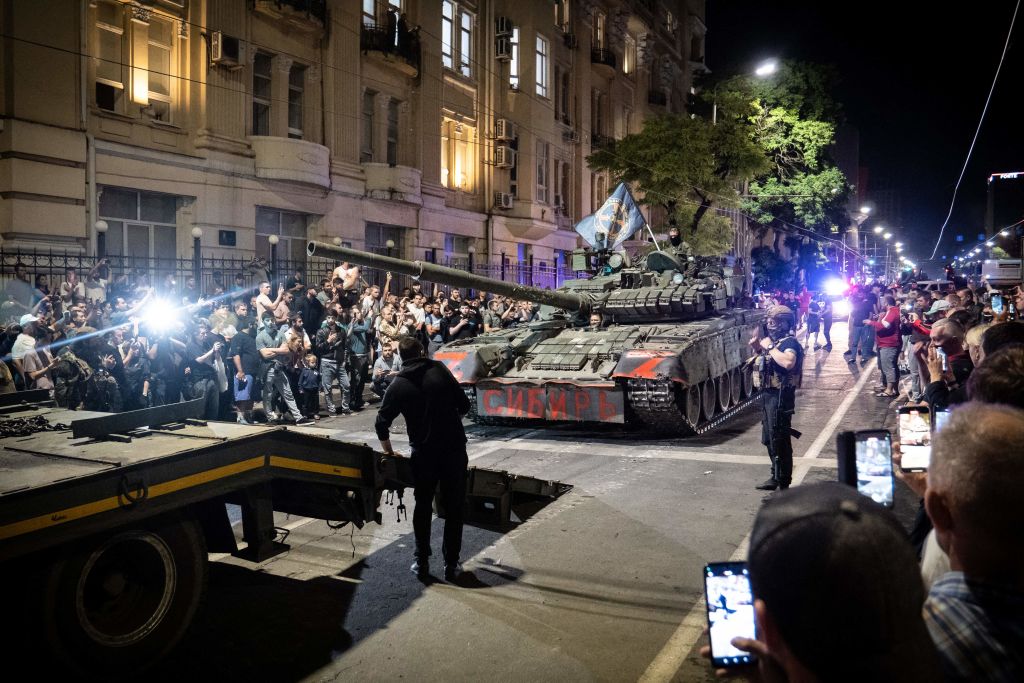
The rise of the Wagner Group signals a significant change in power politics.
On June 23, 2023, the world was shocked by the actions of the quasi-private paramilitary Wagner Group, threatening the Russian government with what seemed at the time to be a military coup. News reports hour-by-hour showed Wagner Private Military Company (PMC) mercenaries seizing Rostov-on-Don and closing in on Moscow. However, before Wagner could reach Moscow, Yvegney Prigozhin, the leader of Wagner, and the Russian state came to an agreement granting the Wagner Group greater funding and independence. The overthrow of Vladimir Putin, which television experts assured us was imminent, was forestalled.
Many in the West were surprised that an independent entity like the Wagner Group can exercise such a great influence over Russian politics. But there is nothing strange at all about armed men using their force advantage to take what they want. World history is defined by armed men seeking power, riches, and glory, and in many respects, that is still what global powers do with their militaries.
PMC Wagner’s actions reveal that the monopolization of military force by nation-states is breaking down. With the decline of the American military in particular, we should expect to see the rise of a Neo-Medieval world order characterized by overlapping loyalties and armed groups competing for power and resources.
It’s no secret that American global dominance is on the decline. In recent years, the American military has faced a recruitment crisis and a crisis of competence that has led to its increasing incapacity to secure international trade, as indicated by the rise of piracy in international waters. America’s failure in Afghanistan, alongside the rising military-economic strength of other regional powers, including Russia and China, seems to indicate that the American century is coming to a close.
It’s commonly assumed that the decline of the American global order will lead to a multipolar world like that of Europe prior to the First World War. However, the evidence suggests otherwise. The globalized system of international commerce will not simply dissipate with American power. Rather, international corporate interests will more likely seek security services from private military groups and contractors like PMC Wagner. Those PMCs and contractors will enrich themselves and grow powerful enough to demand privileges from, and even compete with, established nation-states.
The rise of more PMC groups is further ensured by the willingness of PMCs to act in more unstable regions of the world. There are great fortunes to be made in Africa, for example, by men-at-arms willing to wrest resource-rich territory from gangs, terrorist groups, warlords, and corrupt states. It’s no wonder, then, that Wagner has taken such an aggressive interest in Africa, where Russia is making similarly proactive diplomatic and economic engagement.
This prospect will surely begin to attract many highly competent and ambitious Western men—many with extensive experience following two decades of occupying Afghanistan—to seek their fortune overseas as well. The global economic system of the latter part of the twenty-first century will be secured in large part by private armies not tied to any particular territory. Instead, the militaries of any given nation-state will be forced to work and compete with whichever PMC groups arise out of the decline of the American regime.
Politics worked like this in the Middle Ages. Military force and loyalty was all that mattered. Noblemen and chivalric orders with their bands of loyal men fought against one another for control of territory and the riches that came along with it. Every lord was like a mafia boss whose men provided protection to the local peasants in exchange for a cut of their crop. A medieval king was the first among equals in his realm, which was all of the land held by a confederacy of various clans of warriors bound by oaths of loyalty and codes of honor. Civilization was secure within the realm defended by the king and his men.
It was only in the early modern period that military power became as centralized as it is today. With the development of the gun and the increased importance of trade in the development of wealth, horseback warfare of the knight and the aristocratic manorial style of life fell into decline. Monarchs—and then republics—were able to consolidate authority and fully monopolize the use of violence.
Modern warfare is conducted with sophisticated weapons systems that require a great deal of training and technical infrastructure. In the coming decades, we may see the rise of a new warrior class that devotes itself to developing the skills needed for modern combat, and large, quasi-state organizations with the resources to run it. PMC Wagner will be among the first of many such organizations to rise to prominence.
The corporate economy will not fall just because the American military fails to secure it. Instead, a new global multipolarity will develop, but with a pre-modern character. In our growing Neo-Medieval world order, the invisible hand of the global market will invite adventurous men to seek their fortune in a new age of cyberpunk chivalry.
The American Mind presents a range of perspectives. Views are writers’ own and do not necessarily represent those of The Claremont Institute.
The American Mind is a publication of the Claremont Institute, a non-profit 501(c)(3) organization, dedicated to restoring the principles of the American Founding to their rightful, preeminent authority in our national life. Interested in supporting our work? Gifts to the Claremont Institute are tax-deductible.
DEI threatens the integrity of our military—and our republic.
The new U.S. military seems designed to lose wars and destroy morale.
President Biden’s reading of the Second Amendment is seriously off-kilter.
Modern “leadership” is a poor substitution for true statesmanship.
Our nation’s priority should be fixing its men.

